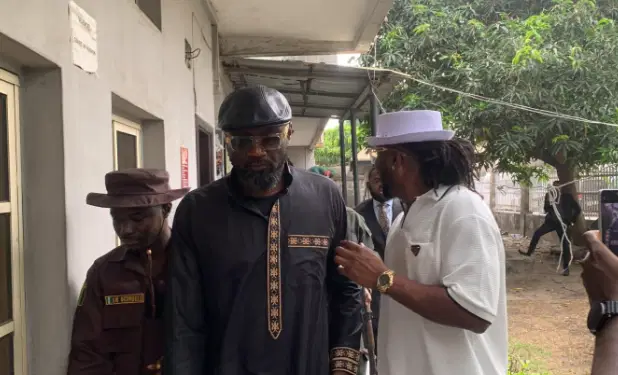The Global Corruption Index (CPI) 2020 released on Thursday by Transparency International, reveals that Nigeria fell three places to 149 out of 183 countries.
The index reveals that Nigeria scored 25 out of 100 points in the 2020 CPI, falling back by one point compared to last year.
The index has rubbished President Buhari’s much touted anti-corruption campaign as Nigeria dropped to 149 on the rating to become the second most corrupt country in West Africa, an indication that the country has worsened, with the new ranking being the worst in two years.
Nigeria follows Guinea Bissau which finished on 165 as the most corrupt nation in the sub-region, scoring 19 points.
The report said: “this year’s CPI paints a grim picture of the state of corruption worldwide. While most countries have made little to no progress in tackling corruption in nearly a decade, more than two-thirds of countries score below 50.
With a score of 66, Seychelles consistently earns top marks in the African region, followed by Botswana (60) and Cabo Verde (58).
At the bottom of the index are Sudan (16), Somalia (12) and South Sudan (12), perceived as the most corrupt nations on earth.
Of the 49 countries assessed in Sub-Saharan Africa, 12 countries of Zimbabwe, Chad, Eritrea, Burundi, Congo, Guinea Bissau, Democratic Republic of Congo, Libya, Equatorial Guinea, Sudan, Somalia and South Sudan are more corrupt than Nigeria.
“Our analysis shows corruption not only undermines the global health response to COVID-19, but contributes to a continuing crisis of democracy.”
CPI scores 180 countries and territories by their perceived levels of public sector corruption, according to experts and businesspeople with 100 being very clean and 0 highly corrupt.
Nigeria scored 25 out of 100 and tied with seven other countries of Cameroon, Guatemala, Iran, Lebanon, Madagascar, Mozambique, and Tajikistan. With a score of 88, however, Denmark and New Zealand jointly won the first price followed by Finland, Singapore, Sweden and Switzerland, scoring 85 points each at third position. Chair of TI, Delia Ferreira Rubio, noted that 2020 was marred by COVID-19 pandemic.
“It is not just a health and economic crisis but a corruption crisis. And one that we’re currently failing to manage.” The institution advised the strengthening of oversight institutions, ensuring open and transparent contracting, defending democracy, promoting civic space and publishing relevant data to guarantee access.
Specifically, Sub-Saharan Africa was the poorest performing region with average score of 32 per cent.
According to TI, unless corruption challenges are addressed, many countries in sub-Saharan Africa risk missing the SDGs targets by 2030.
“The region is already experiencing an alarming rise in extreme poverty, undermining the progress of recent decades. Institutions charged with providing basic public services should be more transparent and accountable in their operations. Improved policies and mechanisms are needed to allow citizens to access public information, demand accountability and safely report corruption.
“To reverse the region’s position as the worst-performing on the CPI, governments in sub-Saharan Africa must take decisive action, particularly in those economies already weakened by the ongoing recession stemming from COVID-19,” the report said.






